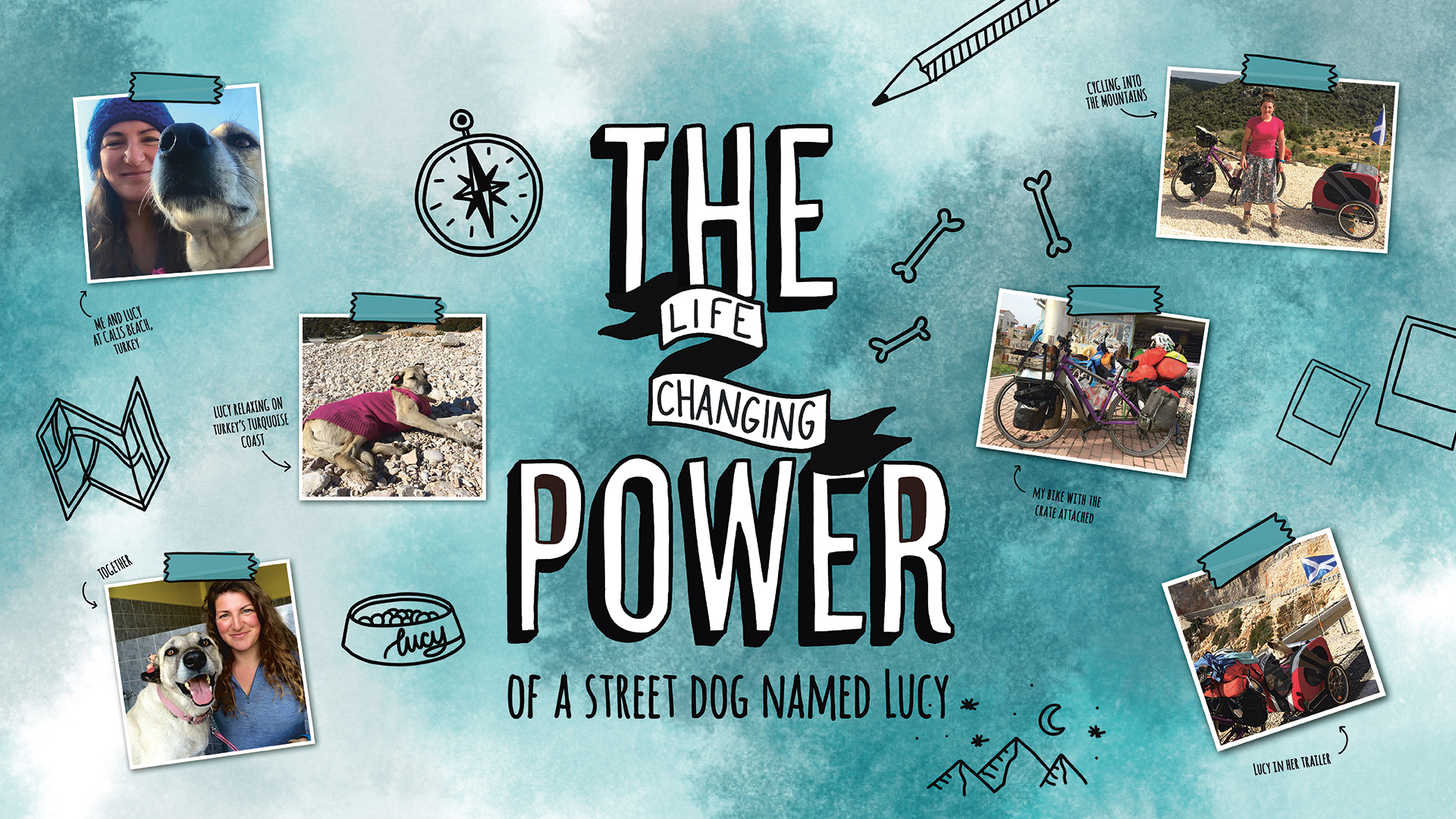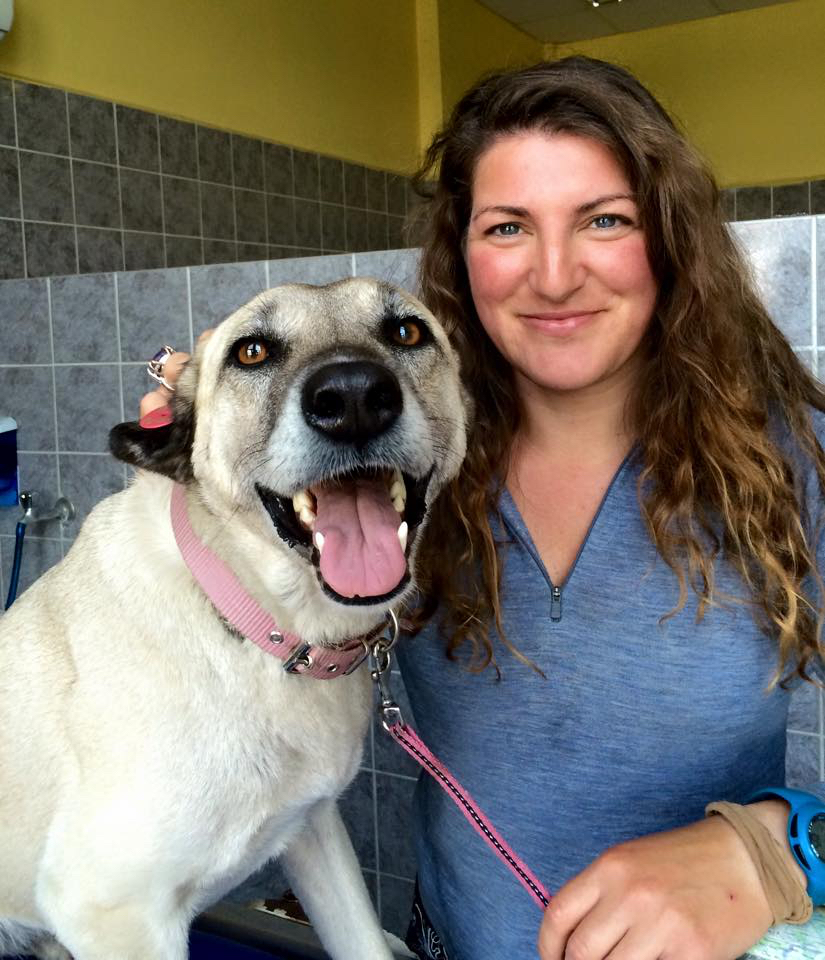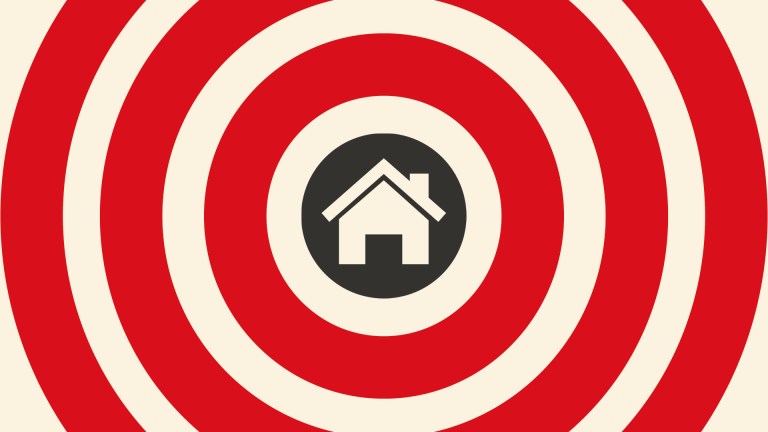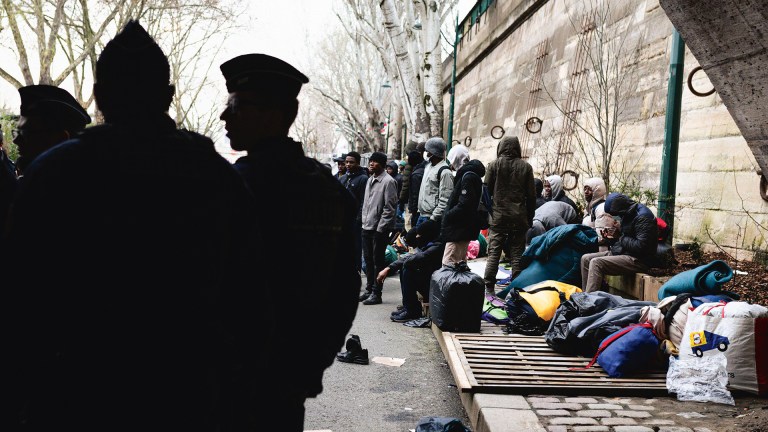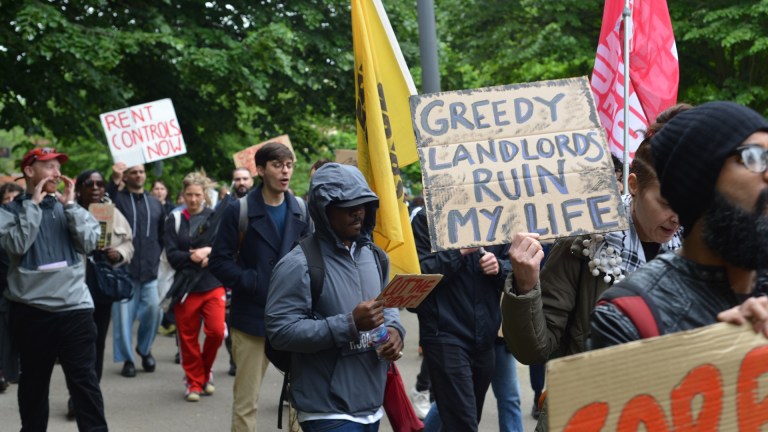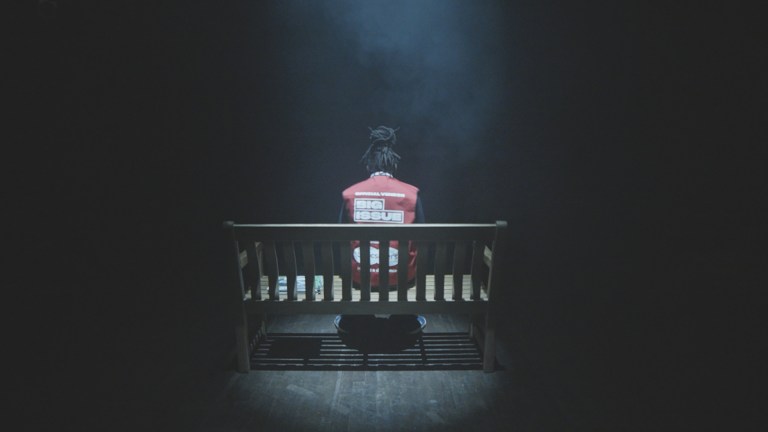I was 15 and living in Scotland when I knew my family didn’t want me. They asked social work to take me away, but the request was refused. I was happy to remain at home, even though I knew I was unwanted. I loved school, I worked hard, my dream was to study marine biology so I could go out into the world and save animals. But when I turned 16, I was thrown on to the streets. I insisted I’d sleep on the pavement outside my school gates. Social work thought it was better for everyone if they found me a foster placement instead.
I cried every night, silently screaming into my pillow, soaking wet from tears. I promised God or the universe or whoever that I’d be a good girl if I could just have my family back. I pleaded. I begged. But a revelation began to form – maybe I wasn’t ever going home.
Life got worse when one night I was leaving my Saturday job stacking shelves. A car pulled up with three old men inside. They asked for directions to the loch and I explained the way. I trusted them because I was always taught to help my elders. They asked me to get in and show them where to go; that they would bring me right back. But they didn’t bring me back.
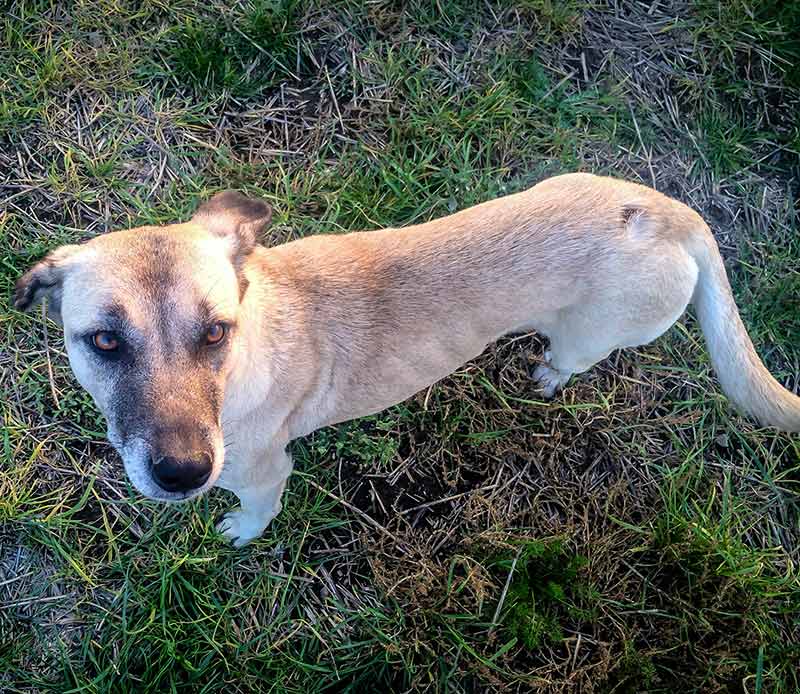
When they were finished with me they told me they would be back. I was scared, but everyone in my life was new and I couldn’t tell anyone. I wanted to die and spent more time thinking of killing myself than doing my homework. I was 16 years old. I had been told so much what a bad girl I was and that everything was my fault, so I thought this was my fault too. I ran away from foster care. I gave up my dreams of university and saving animals. Instead, I was sucked into the underworld.
At 17 I had no money, but could only get housing benefit if I went into a homeless unit. To the outside world we were trouble, but everyone in there had backgrounds of abuse and abandonment. We were all trying to do the best we could in a messed-up world, but we were too young to deal with the crappy hand we had been dealt. I learned to act tough to keep myself safe but inside I was scared all the time. I spent the next few years in an abyss of self-destruction, doing anything to escape my self-hatred and having no self-worth made that easy.
One day my key worker told me I’d always be in the gutter. I knew she was wrong. In that moment I realised no one could help me; only I could make things better. I put my past in a box and kept it a secret. I applied to college, bought a second-hand bike and for the next two years cycled to class each day, studying holistic therapies and stress management.
